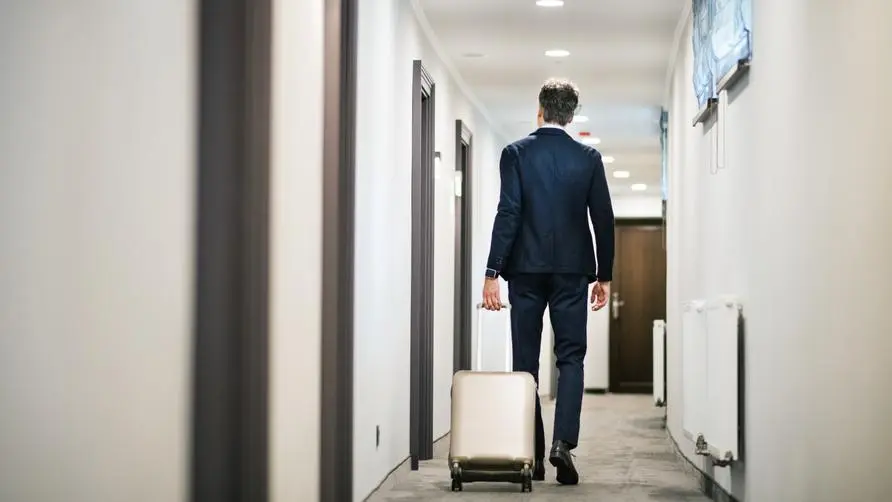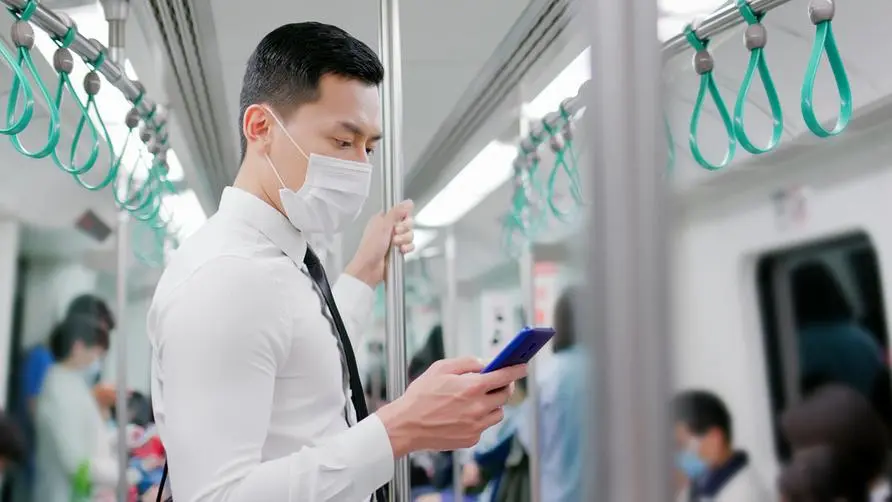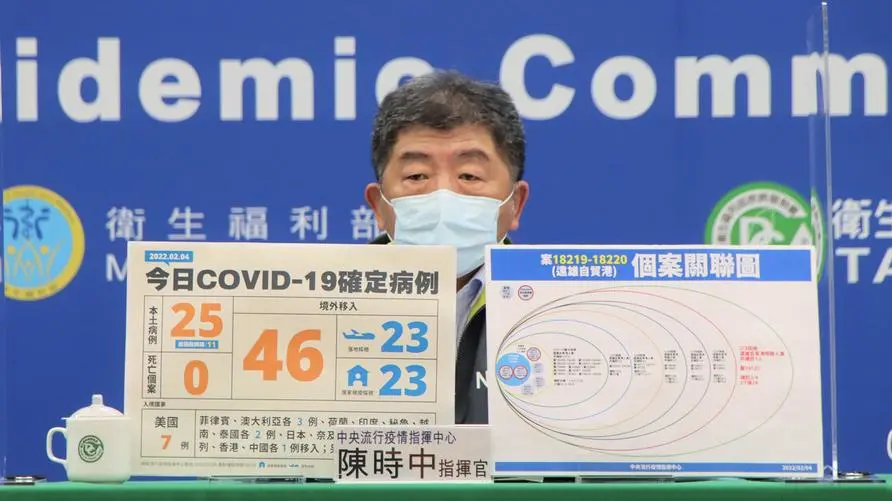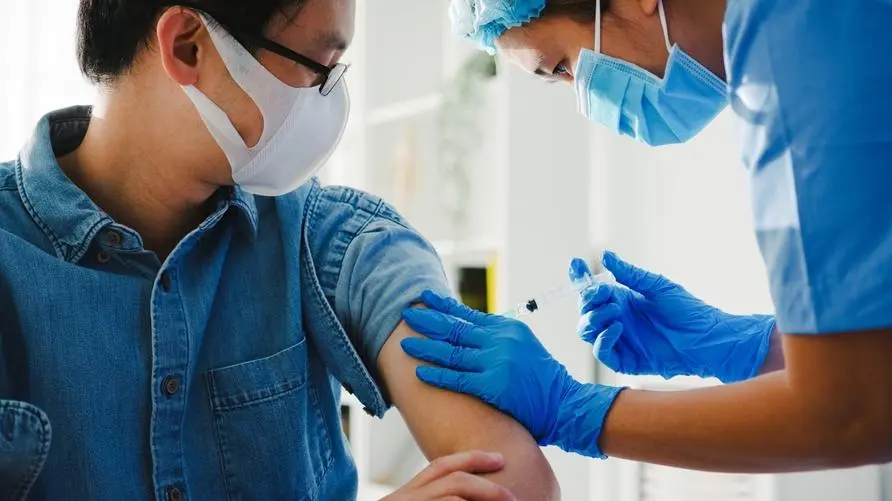Could the corridors of anti-epidemic hotels become infection channels? Study: Omicron risk can spread through the air

Omicron is raging around the world. There are big differences in isolation policies between Eastern and Western countries.
The Omicron epidemic is severe in various countries, and border control measures are also different. Most Western countries are gradually relaxing border controls and quarantine measures, but a few countries, such as Taiwan, still maintain strict border management policies; even more so, such as China and Hong Kong, which require quarantine in designated epidemic prevention hotels for up to 21 days.
However, a recent study published in the well-known medical journal “Lancet” showed that even if overseas immigrants stay in epidemic prevention hotels and receive two doses of vaccine, the quarantined people are still at risk of contracting the virus.
Hong Kong’s “aerosol” experiment confirms that Omicron can be transmitted through hotel corridors
The Queen Mary Hospital team affiliated with the Western Cluster of the Hong Kong Hospital Authority conducted an “aerosol infection” (airborne infection) test in an anti-epidemic hotel in November 2021, and used visible smoke to represent the transmission route of the new coronavirus. Experiments have shown that as soon as the guest room door is opened, smoke leaks from the guest room into the hotel corridor. Even if the door is open for only a few seconds, smoke can still seep through the door cracks in adjacent rooms, indicating the possibility of airborne transmission of the virus.
The Queen Mary Hospital team immediately conducted a follow-up investigation on the passengers in the epidemic prevention hotel. They found that asymptomatic infection transmission did occur in the hotel, and both the carriers and the asymptomatic infections had received two doses of BNT vaccine. The former did not wear a mask when opening the door to pick up food or when throwing away garbage; the latter developed respiratory symptoms on the 8th day of isolation. The research report pointed out that both parties were infected by the Omicron variant virus.
The study claimed that the carrier and the infected person were in adjacent rooms, confirming the research team’s aerosol experiment results - the corridor space of the epidemic prevention hotel may be a transmission channel for the Omicron virus.
The Queen Mary Hospital team collected samples from eight surfaces that were difficult to reach for quarantined persons, such as walls and ceilings, and found that the PCR tests in all eight samples were positive. In the room where another case lived, 21 of the 39 PCR samples tested were positive, and all of them were Omicron variants.
The research team also conducted serological tests for hotel staff, but found no evidence that the virus was transmitted from staff to travelers. The team pointed out that anti-epidemic hotel staff have received training equivalent to that of medical staff, which is a key element in reducing the spread of the virus in hotels.
Border control policy useless to Omicron? Is the clearing policy still valid?
The study by the Queen Mary Hospital team claimed that this experiment revealed the threat of Omicron being transmitted through aerosols. Even if the door is opened narrowly and for a short time, the Omicron virus may still invade the room through the hotel corridor and be transmitted to other quarantined persons through the ceiling, doorknobs, walls, etc.
The aerosol transmission of Omicron virus may pose a considerable threat to the “clearance” policies strictly adhered to in places such as China and Hong Kong. Faced with the pervasive contagion intensity of Omicron virus, strict border control and isolation policies may not be able to effectively prevent the spread of the virus, and may even increase more asymptomatic infection cases.
To prevent the spread of COVID-19 in anti-epidemic hotels, the research team recommends that hotels should arrange the following measures:
Increase the air conditioning exhaust volume of guest rooms and improve the supply of fresh air.
Install air purification equipment in the corridor.
Strengthen environmental disinfection.
Encourage staff to use personal protective equipment.
In the study, the Queen Mary Hospital team emphasized that even in an epidemic prevention hotel, it is still necessary to wash hands frequently and wear a mask at all times. Masks can prevent 90% of aerosol infections. For those in isolation in a confined space, it is a necessary means to block aerosol infection.
Source:
Further reading:
COVID-19 oral antiviral drugs are the dawn of the epidemic? Scholar: There may be “drug-resistant” viruses in the future





